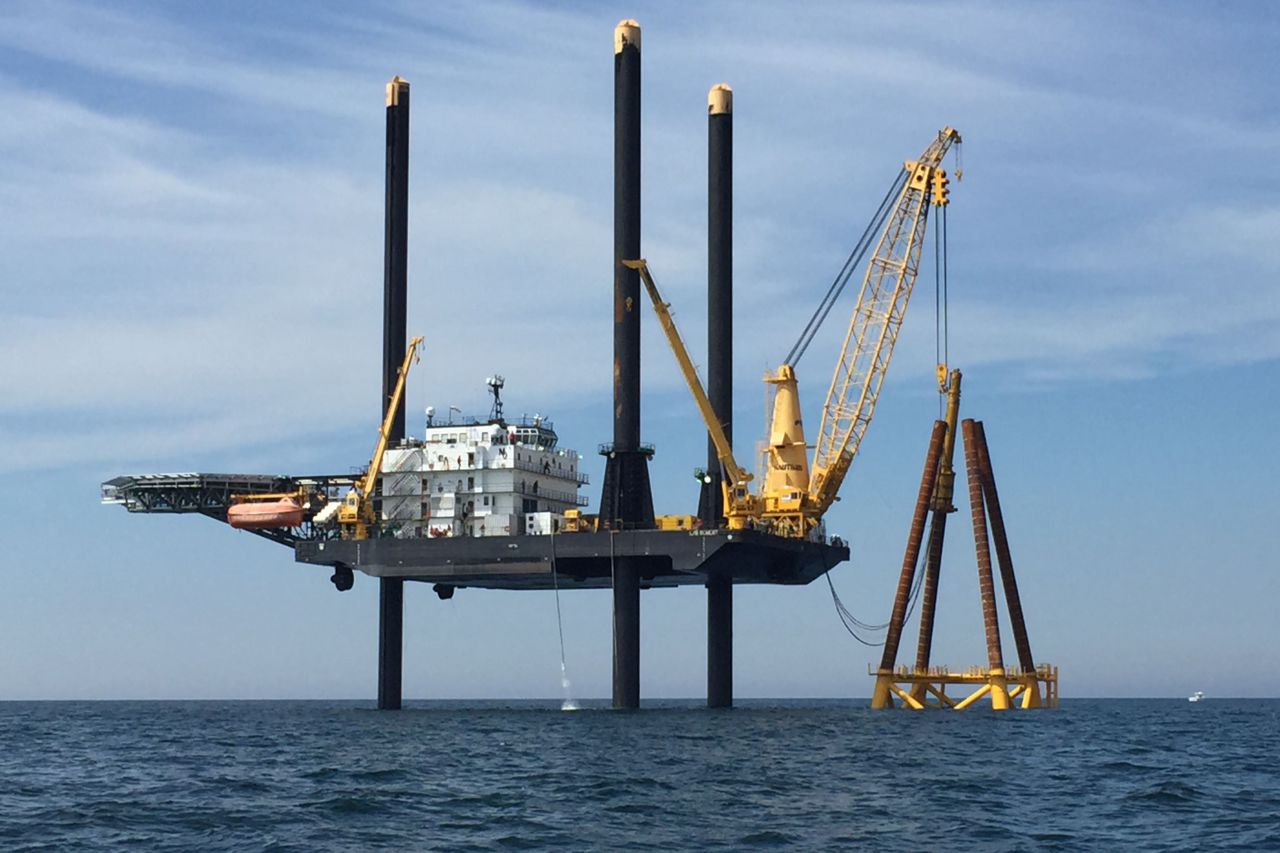Effective planning for climate change helps avoid conflicts over ocean uses

[From press release by Todd Bates]
Conservation of fish and other marine life migrating from warming ocean waters will be more effective and also protect commercial fisheries if plans are made now to cope with climate change, according to a study Malin led in the journal Science Advances in collaboration with Lauren Rogers (Alaska Fisheries Science Center), former postdoc Jim Morley (now East Carolina University), and Thomas Frölicher (University of Bern).
The project focused on costs and benefits of planning ahead for the impacts of climate change on marine species distributions. We simulated the ocean planning process in the United States and Canada for conservation zones, fishing zones and wind and wave energy development zones. We then looked at nearly 12,000 different projections for where 736 species around North America will move during the rest of this century. We also looked at potential tradeoffs between meeting conservation and sustainable fishing goals now versus in 80 years.
We were worried that planning ahead would require setting aside a lot more of the ocean for conservation or for fishing, but we found that was not the case. Instead, fishing and conservation areas can be set up like hopscotch boxes so fish and other animals can shift from one box into another as they respond to climate change. We found that simple changes to ocean plans can make them much more robust to future changes. In other words, planning ahead can help society avoid conflicts.
Take home message: while climate change will severely disrupt many human activities and complete climate-proofing is impossible, proactively planning for long-term ocean change across a wide range of sectors is likely to provide substantial benefits.
Read the paper here in Science Advances.
